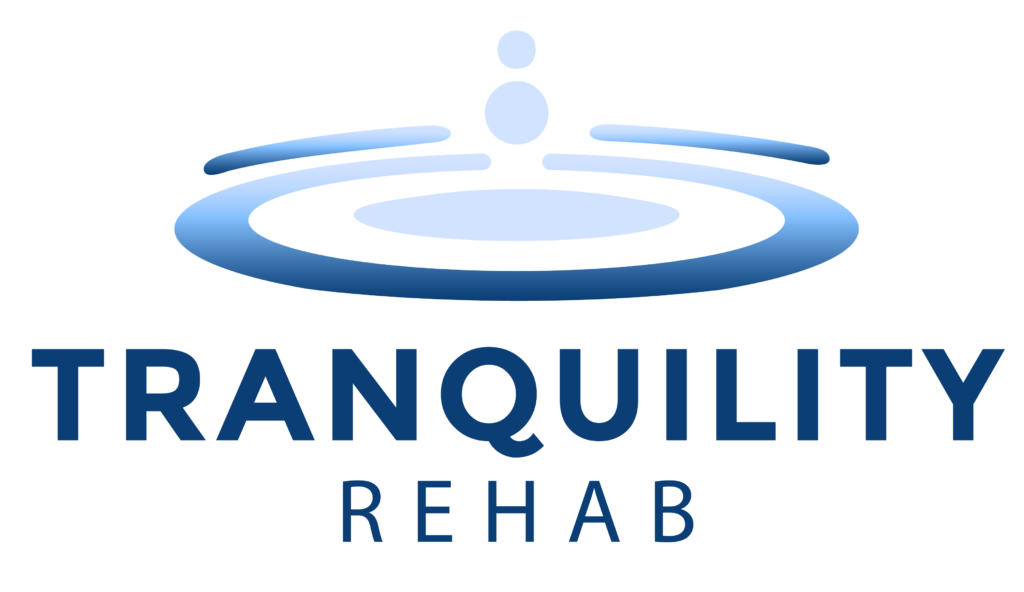Heroin is a powerful opioid drug that quickly produces intense feelings of euphoria, relaxation, and pain relief. However, it also comes with a high potential for addiction and a range of serious health consequences. One of the most common questions individuals have about heroin is how long it stays in the body, whether they are worried about passing a drug test or concerned about the long-term effects of use.
The length of time heroin remains detectable in the body can vary depending on a range of factors, including how often the drug is used, the method of use, and an individual’s metabolism. This blog post will discuss the different factors that influence how long heroin stays in the body, the various drug testing methods, and what you need to know if you or someone you love is recovering from heroin use.
How Heroin is Metabolized
When heroin is used, it quickly crosses the blood-brain barrier, where it is metabolized into morphine. This process happens within minutes of injection, snorting, or smoking heroin, and the drug’s effects are felt almost immediately. Heroin’s high is often short-lived, typically lasting between 1 and 3 hours, depending on the dose and the individual’s tolerance.
However, the drug’s metabolites (like morphine) remain in the body much longer than the initial effects of heroin wear off. These metabolites are what are detected during drug testing. The body’s ability to eliminate these substances depends on several factors, including liver function, hydration, overall health, and frequency of use.
Factors That Affect How Long Heroin Stays in the Body
Frequency of Use
For individuals who use heroin regularly, it can take longer for the body to clear the drug and its metabolites. Chronic users often develop a tolerance, meaning they may require larger doses to achieve the same effects. The more frequently heroin is used, the longer it will stay in the system.
Method of Use
The way heroin is consumed also plays a role in how long it stays in the body. Injection, snorting, and smoking are the most common methods of heroin use. Injecting heroin typically delivers the drug directly into the bloodstream, producing immediate and intense effects. Because heroin in its injected form reaches the bloodstream more quickly, the drug’s metabolites may stay in the body longer than if the drug were inhaled or smoked.
Metabolism and Health Factors
A person’s metabolism is one of the most significant factors in how long heroin stays in their system. People with faster metabolisms may clear the drug from their bodies more quickly, while those with slower metabolisms may retain traces of the drug for longer periods. Additionally, liver health plays a crucial role in metabolizing heroin, and any pre-existing liver conditions may slow down the elimination process.
Hydration and Exercise
Staying well-hydrated can help the body flush out toxins more quickly. People who exercise regularly may also clear heroin metabolites from their bodies faster due to increased blood flow and improved overall health. On the other hand, people who are dehydrated or have poor health may take longer to metabolize and excrete the drug.
How Long Does Heroin Stay in the Body?
The length of time that heroin stays in the body can be estimated based on different drug testing methods. Here’s an overview of how long heroin’s metabolites can be detected in various testing types:
Urine Tests
Urine tests are the most common method for detecting heroin use. Heroin can typically be detected in urine for 1 to 3 days after use, though in cases of chronic or heavy use, it can be detectable for up to 7 days or longer. This is because heroin is metabolized into morphine, which can remain in the urine longer than the original drug.
Blood Tests
Blood tests detect heroin and its metabolites much more quickly than urine tests. Heroin is usually detectable in blood for 6 hours or less. However, blood tests are less commonly used for routine drug screening due to their short detection window and invasive nature.
Saliva Tests
Saliva tests are less common but can detect heroin for around 1 day after use. Like blood tests, saliva tests are most effective in detecting recent drug use and are less reliable for long-term detection.
Hair Follicle Tests
Hair follicle tests are the most sensitive method for detecting long-term drug use. Heroin can be detected in hair for up to 90 days after use. This method works by identifying the metabolites embedded in the hair shaft as the body’s toxins pass through the bloodstream. Hair tests are not commonly used in everyday drug screenings but may be requested in specific situations such as legal cases or employment screenings.
Heroin Detox and Withdrawal
The process of detoxing from heroin can be physically and mentally challenging. As the drug leaves the body, withdrawal symptoms can begin within hours of the last use. Common withdrawal symptoms include:
- Intense cravings for heroin
- Anxiety and irritability
- Muscle aches and pains
- Sweating and chills
- Nausea, vomiting, and diarrhea
- Trouble sleeping
- Rapid heartbeat
The severity of withdrawal symptoms depends on factors like the duration of heroin use, the dosage, and the individual’s overall health. Detoxing from heroin should never be attempted without medical supervision, as withdrawal can be dangerous and even life-threatening in some cases.
How to Detox Safely
If you or someone you love is struggling with heroin addiction, it is important to seek professional help. Detoxing from heroin can be overwhelming and potentially dangerous without proper medical support. A supervised detox program can provide a safe and comfortable environment, along with medications to manage withdrawal symptoms and prevent complications.
At Tranquility Rehab, we offer a compassionate and evidence-based approach to addiction treatment. Our medically supervised detox programs are designed to provide individuals with the care they need to safely navigate the withdrawal process. Our team of professionals is committed to helping you break free from heroin addiction and achieve lasting recovery.
Start Your Recovery Journey with Tranquility Rehab
If you or a loved one is struggling with heroin addiction, the path to recovery starts with seeking help. At Tranquility Rehab, we provide individualized treatment plans and medically supervised detox to ensure a safe and effective recovery. Our team is here to support you every step of the way, offering the tools and resources you need to rebuild your life and overcome addiction.
Don’t wait to take the first step toward a healthier, addiction-free future. Reach out to Tranquility Rehab today and begin your journey toward recovery. You don’t have to face addiction alone—let us help you regain control of your life.


